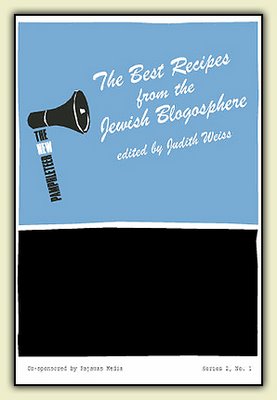Sundown Thursday marks the start of the festive Jewish holiday of Purim. There’s an old joke about how most Jewish holidays got started (“They tried to kill us. They failed. Let’s eat.”), and Purim is probably the one that best fits that mold. It commemorates the deliverance of the Jews or Persia from a planned genocide during the reign of Ahasuerus (Ataxerxes), a genocide instigated by one Haman, son of Amidasa, and thwarted by Queen Esther. The story (set down in the Book of Esther and found in both the Hebrew and Christian Bibles) reads like part suspense movie, part Seinfeld episode, with all of its subplots, twists, and turns.
Like Chanukah, Purim is a post-biblical holiday, with its roots in historical events that took place after the Hebrew Bible was written. Observance is fairly simple. The main thing is to listen to a public reading of the Book of Esther. Traditionally, this reading must be done from a parchment scroll (megillah) on which the story is written by hand in the original Hebrew. Since there are no vowels and no cantillation notes, readers must study the text carefully in advance so they know how to pronounce the words correctly and sing them with the distinctive melody that is unique to this holiday.
We read the whole scroll - this is what gives rise to the popular expression “the whole megillah,” the Yiddish-American equivalent to “the whole ball of wax.” And when the bad guy’s name is read, everyone makes plenty of noise to drown it out.
It’s permissible - nay, encouraged - for adults to do a little boozing. The old rule of thumb was that you had to get shicker enough so as not to be able to distinguish between “Blessed be Mordechai” (the hero of the story, Esther’s guardian and uncle) and “Cursed be Haman.” You can be sure that I will down a few shots, but I don’t plan to get slobbering, falling-down drunk. Heh.
Besides reading and drinking, other observances are donating gifts of money to the poor, and sending gifts of food to friends and family. Simple, huh?
If all this isn’t arcane enough for you, my Esteemed Readers, there’s an even more obscure day on the calendar. The day before Purim is Taanis Esther - the Fast of Esther - one of a handful of minor fast days in the Jewish year. It’s “minor” in that it is observed only during daylight hours - not like that 27-hour starve-fest that we call Yom Kippur.
Taanis Esther - for those of you that give a rat’s ass - commemorates the three-days of fasting by Esther and her fellow Jews prior to her approaching the king - uninvited - to plead for the lives of her people. Back in the day, going to see the Formaggio Grosso without an appointment was punishable by death unless the king was in a good mood, so Queen E. was taking a big gamble. The fasting was a way to purify oneself and get the help of the Big Guy Upstairs - and it apparently worked, because I’m here to write this.
I’ll admit that I’m not quite observant enough to fast on the minor fast days - I plan to be at the Local Bagel Emporium tomorrow morning, as usual - but we all make our choices, don’t we? I will participate in the public Megillah reading (I’ve got Chapter 4), appropriately attired in some sort of silly costume. All y’all may have Hallowe’en, but we dress up on Purim.
Christians do not celebrate Purim, although one could argue that without the events commemorated by the holiday, their own history - if any - would have been very different. To my Christian friends, my best wishes for a happy Easter.
Subscribe to:
Post Comments (Atom)




















No comments:
Post a Comment